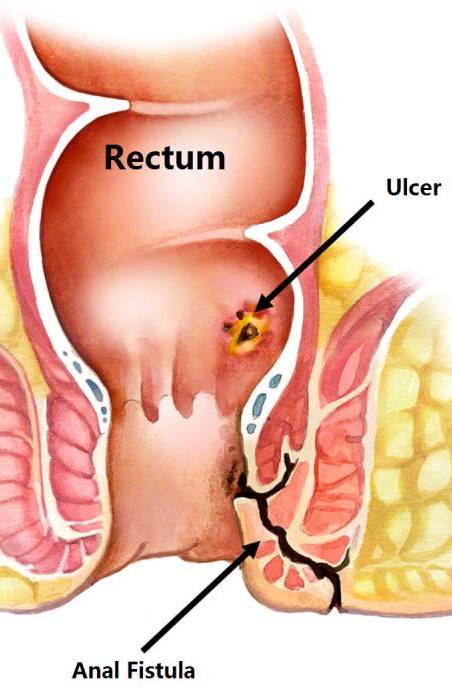
Anal Fistula
Anal Fistula may occur due to various causes like chronic inflammatory bowel disease or Anal abscess - collection of pus or Tuberculosis bacterial infection or injury to the anal region or tumors in the anus or insertion of a foreign object into the anus or congenital anomalies.
Symptoms of anal fistulas include:
- Pain or discomfort around the anus
- Drainage of pus or blood from the anus
- Swelling or redness in the anus area
- Formation of skin tags near the anus
- Recurrent anal abscesses
- Bowel incontinence
- Pain during bowel movements
- Foul-smelling discharge from the anus
Importance of seeking medical attention for proper diagnosis and treatment for Fistula:
- Accurate diagnosis - A doctor can accurately diagnose a fistula through a physical examination, imaging tests, and sometimes a biopsy.
- Monitoring - Regular follow-up appointments with a doctor can help monitor the fistula and ensure that it is healing properly. If any issues arise, a healthcare provider can adjust the treatment plan as needed.
- Prevention - By seeking medical attention for a fistula, a person can reduce their risk of developing complications and prevent the fistula from becoming worse.